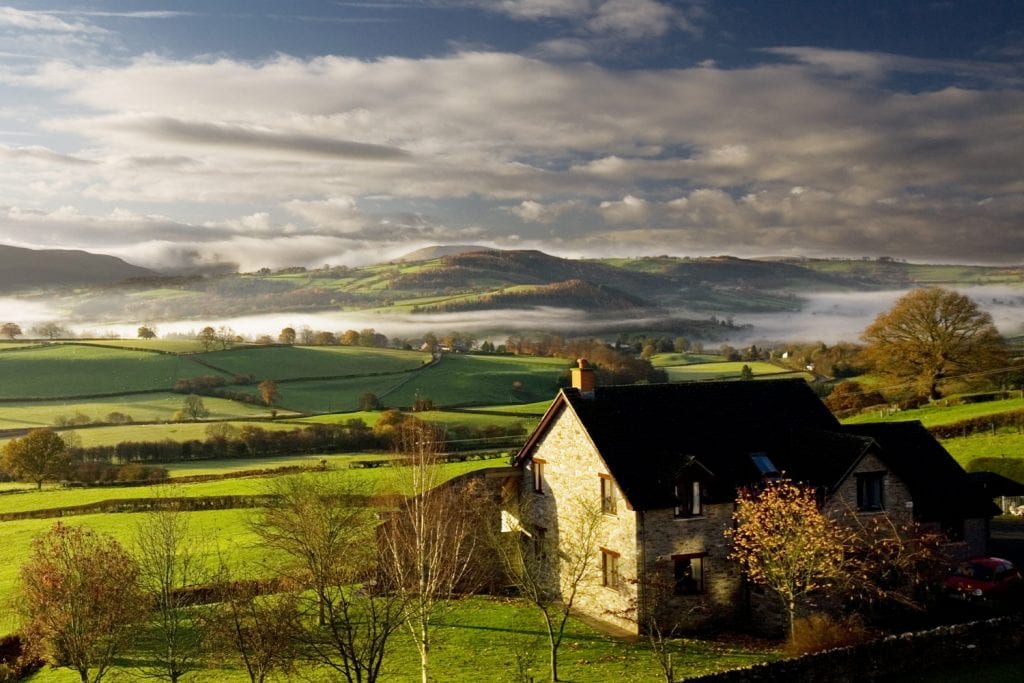Coronavirus and the countryside: our thirst for the rural must wait
Lukas Schaefer on why it’s important we resist the urge to visit rural areas and should be thankful for them long after the pandemic is over
Hiking to the top of a mountain. Feeling the bracing wind from the coastline. Gazing at vast open lands. Enjoying a sunset on the distant horizon. Exploring new corners of world. Connecting to locals and fellow travellers. Tasting fresh and local produce. All of these and many more, drive our thirst for the rural.
As the realisation of the Covid-19 pandemic set in, brought sharply into focus as governments imposed lock downs, it was reported that some were travelling to holiday homes away from their primary homes in urban areas. They had a desire to spend the lockdown, not in urban environments, but in the countryside. While most of us can relate to this desire, their retreat to the rural came with the risk of Coronavirus being carried from densely populated areas, to communities in the countryside.

Urban areas have the public health infrastructure in place to better respond to significant volumes of acute Coronavirus cases, whereas most rural areas have only limited capacity. While urban residents have the desire to visit these areas, until the pandemic is under control, they will have to stay away. For the benefit of the rural population and themselves.
urban dwellers need the rural more than it needs us
The pandemic illustrates now, more than ever, how dependent cities are on the countryside. Cities depend on the rural populations, economy and environment. They provide us with essential resources such as clean water, food and energy.
While we stay safe at home, those of us in cities should only enjoy rural beauty from a distance, but we should also thank our rural communities, that work hard every day to deliver essential products to our cities. And, once this is over, we shouldn’t forget to support these rural communities when it comes to allocating new funding into their infrastructure, social and health care services.

Urban dwellers might love the countryside, but the fact is: we as modern urban dwellers need the rural more than it needs us. We should not forget this, especially once we have overcome the pandemic and focus to fight the climate crisis that will affect rural communities in most cases much harder than urban ones.
As part of Buro Happold’s Urban C:Lab programme Lukas Schaefer is exploring the evolving relationships between rural and urban areas, with a focus on identifying how to generate opportunities for rural communities, economies and environments. Based in Edinburgh, he uses Scotland as a case for his work, but also looks at the topic with a global perspective.